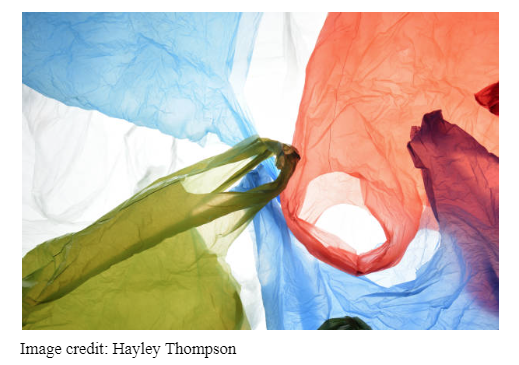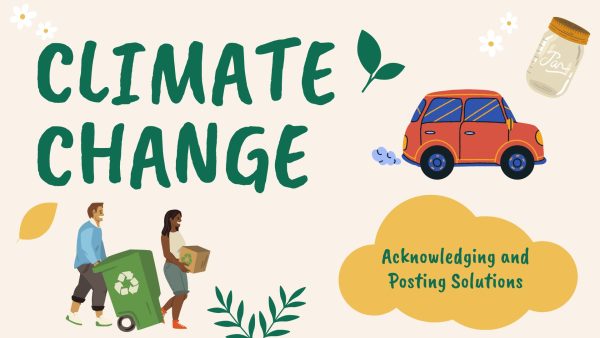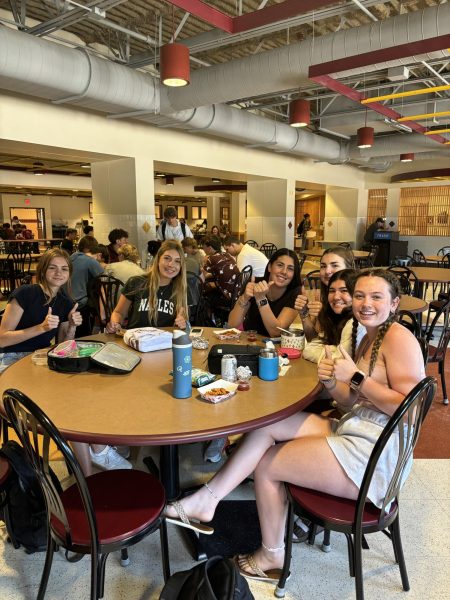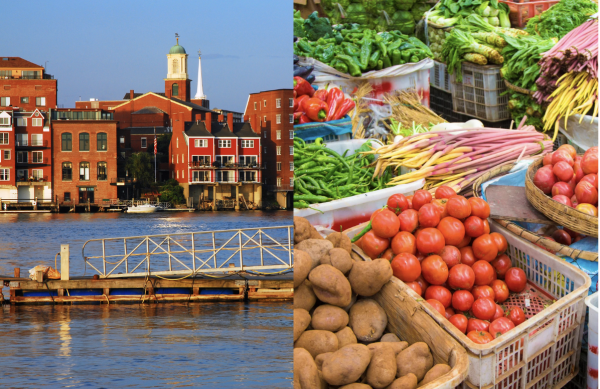A Solution to Portsmouth’s Single-Use Plastic Problem

In 2021, the city of Portsmouth put into place two new ordinances in regard to banning single-use disposable plastic and polystyrene, also known as styrofoam. Now, it can be questioned whether or not these ordinances should be expanded further.
Based on the fact that prior to these ordinances, there were no laws prohibiting the usage of single-use plastics, it would appear that this was a step in the right direction. Nevertheless, I feel that there are still some evident holes in this solution.
The first ordinance specifically bans the distribution of single-use plastics and styrofoam on city properties, city-sponsored events, city facilities and city-permitted events.
The second ordinance bans these same materials throughout businesses in Portsmouth. This means that they are banned from all restaurants and retail stores.
Nevertheless, stores are still allowed to distribute plastic bags and styrofoam cups/containers for carrying food and beverages, along with a 10-cent penalty for each bag/cup.
Although this penalty has deterred various businesses from using these materials, it still creates a loophole for them to be dispersed throughout the city. I believe that this is the largest problem created. I think that the 10-cent penalty is a good first effort to stop the distribution of single-use plastics, but it is not a proper final solution.
Even though these ordinances have been put in place to stop the accumulation of single-use materials in Portsmouth, they still appear in the environment/around the city. On multiple occasions, I have seen single-use plastics that are clearly from businesses/restaurants end up in parks, bodies of water and various other natural environments around Portsmouth.
So, to help aid this problem, there are various solutions that are more promising than the 10-cent penalty, which could ensure that not only are businesses unlikely to use single-use plastics, but they would not have to worry about possibly distributing them at all.
My solution: slowly integrate compostable cups, containers and bags (that break down in 90 days) into businesses.
Despite being more expensive, they are a better alternative and investment. Additionally, businesses would no longer have to worry about paying 10-cents for single-use plastics. I think this would provide an incentive for businesses to switch to a fully biodegradable system of packaging/transporting food.
It is especially important in a city like Portsmouth to be aware of the plastic entering the environment.
Being a coastal city, Portsmouth’s topography allows for rainwater to wash debris and pollution into the ocean and Piscatiqua river (through watersheds: an area of land that drains all the streams and rainfall into a common outlet).
What is discarded into the environment will eventually end up in the ocean or on our shores. This means that we have to take even more into account when deciding the parameters of laws regarding pollution and the environment.
I think that a new incentive, along with the implementation of a fully biodegradable plan, the single-use plastic problem in Portsmouth would begin to take a turn for the better.




